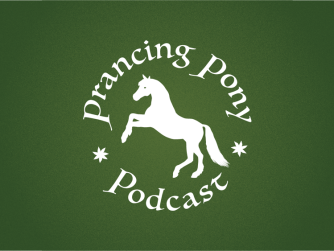Doom falls on Valinor in Chapter 8 of The Silmarillion. Manwë hosts a feast to reconcile the estranged sons of Finwë, but Melkor chooses that moment to get his revenge with a little help from the mother of all evil spiders (literally), Ungoliant. We bring back Tolkien Fun Facts with a young Professor’s trek through the Swiss Alps, and wonder about Valarin bug spray.
Recommended Reading:



I loved this issue (just like all of them, basically)! It’s interesting how Tolkien uses the prefix un- to build antonyms. Unfriends, unlight, unman. Instead of just picking up a different word for an antonym, he creates these amazing words. What a brilliant linguistic decision!
It’s beautifully simple, isn’t it?
I am years late to discover this podcast, but I am really enjoying listening to it!
Obviously there is not time to talk about everything in each episode, but something that came to my mind when Fëanor was asked to help restore the trees with the light of the silmarils, was the quote from Aragorn in The Two Towers (to Pippin about throwing off his broach from Lothlorien): “One who cannot cast away a treasure at need is in fetters.” As you discussed, Fëanor is owned by his love of the silmarils. He thinks he is free, but he is not.
I liked the different thoughts about Melkor’s iron crown as well. Another connection I made while listening is how cast iron is very strong, but brittle – it’s not malleable like some other metals. Melkor is unshape-able in a bad way. He refuses to trust or listen to others, even Ilúvatar, and does everything just for himself.
Hi, Sara –
Truly excellent insights and connections! I think we were connecting Fëanor’s “reluctance” to restore the trees with Ulmo’s advice to Turgon: “Love not too well the work of thy hands and the devices of thy heart…” But I really like that connection to Aragorn’s comment – it’s so, so true. And it reminds us that the true “thrall” in all of this is Fëanor himself.